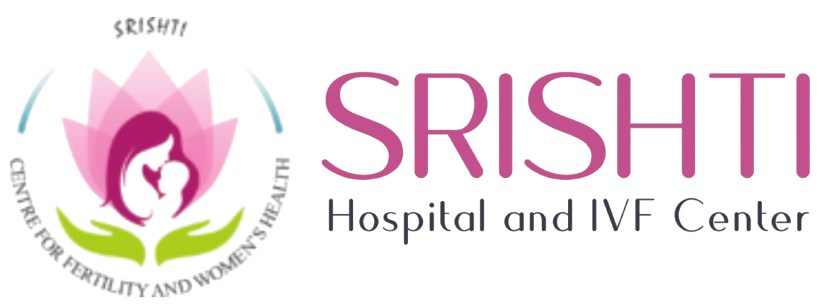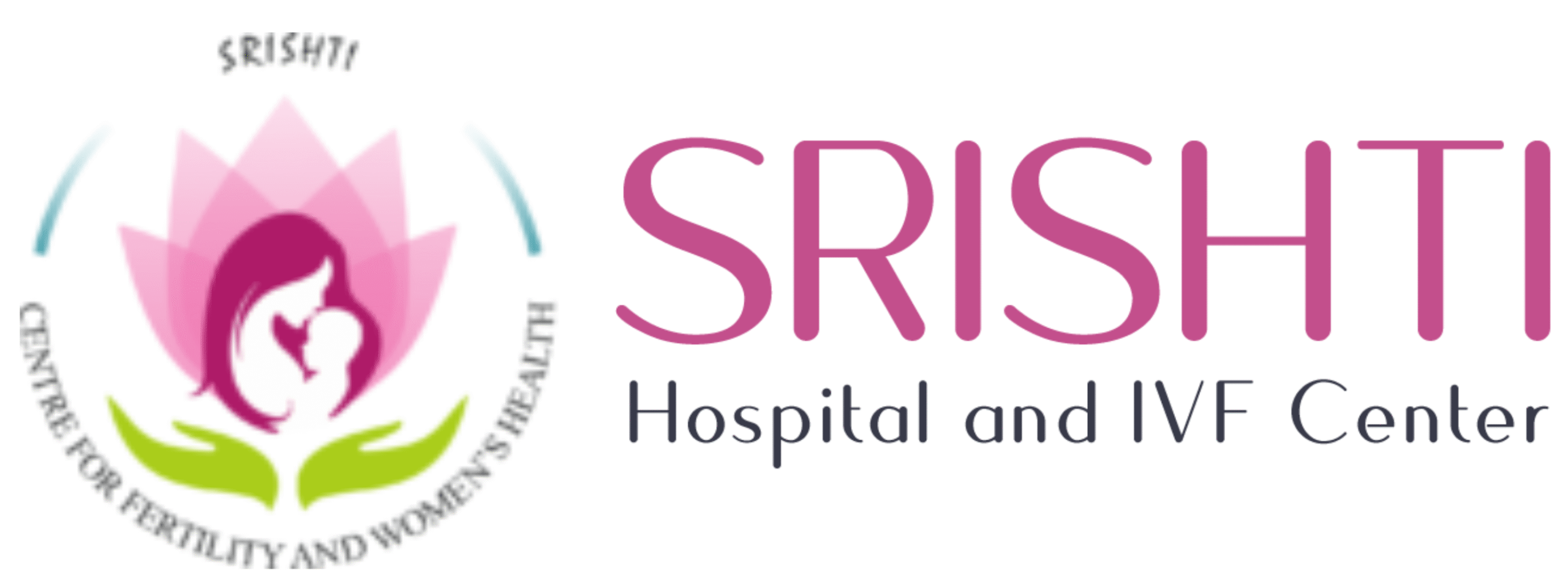
Managing Menstruation Health: Tips for a Smooth Cycle
An essential and normal aspect of a woman’s reproductive cycle is her menstrual period. While it’s a topic that has often been stigmatized or discussed in hushed tones, it’s essential to bring it out into the open and understand how it can be managed for overall health and well-being. In this blog, we will explore the various aspects of menstrual health, including tips for a smooth cycle, and address important concerns such as miscarriage, miscarriage symptoms, causes of miscarriage, early miscarriage symptoms, miscarriage bleeding, missed miscarriage, early miscarriage, miscarriage treatment, and miscarriage symptoms at 6 weeks. By shedding light on these topics, we aim to empower women to take control of their menstrual health and provide insights into how to reduce the risk of miscarriage.
Understanding Miscarriage
Miscarriage is a deeply emotional and often challenging experience for women. When a pregnancy ends before the twentieth week of gestation, it is referred to as such. Unfortunately, miscarriages are more common than many people realize, with about 10-20% of known pregnancies ending in miscarriage. While it’s essential to be aware of the potential symptoms, it’s equally important to know that miscarriages can occur for various reasons, and they are not always preventable.
Miscarriage Symptoms:
- Vaginal bleeding
- Abdominal pain or cramping
- Passage of tissue or clots
- A decrease in pregnancy symptoms
Causes of Miscarriage:
- Chromosomal abnormalities
- Hormonal imbalances
- Medical conditions (e.g., diabetes, thyroid disorders)
- Lifestyle factors (e.g., smoking, excessive alcohol consumption)
- Infections
- Advanced maternal age
Early Miscarriage Symptoms:
- Mild to severe abdominal pain
- Vaginal bleeding
- Cramps
- Back pain
- Loss of pregnancy symptoms
Preventing Miscarriage
While some causes of miscarriage are beyond our control, there are steps women can take to minimize the risk. One of the most critical factors in reducing the risk of miscarriage is overall health and well-being.
- Healthy Lifestyle: Maintaining a healthy lifestyle is crucial. Steer clear of tobacco, drink in moderation, and eat a balanced diet. Adequate folic acid intake is also essential for a healthy pregnancy.
- Regular Check-ups: Regular prenatal check-ups can help identify any potential issues early on, allowing for timely intervention.
- Stress Management: High stress levels can impact pregnancy. It can be helpful to engage in stress-reduction practises like yoga, meditation, or mindfulness.
- Adequate Rest: Ensure you get enough sleep and rest. Adequate rest is crucial during pregnancy to support the body’s physiological changes.
- Stay Hydrated: Dehydration can lead to complications, so make sure to drink plenty of water.
- Avoid Harmful Substances: Exposure to harmful chemicals and radiation should be minimized.
Early Miscarriage: What to Look For
In the early stages of pregnancy, it can be challenging to differentiate between normal discomfort and signs of a potential miscarriage. Here are some early miscarriage symptoms to be aware of:
- Vaginal Bleeding: Any amount of bleeding, especially if accompanied by pain, should be discussed with your healthcare provider.
- Abdominal Pain: Cramping or abdominal pain that is more severe than typical menstrual cramps could be a sign of a problem.
- Passage of Tissue or Clots: Passing tissue or clots through the vagina is a concerning symptom.
- Decrease in Pregnancy Symptoms: A sudden loss of pregnancy symptoms, such as breast tenderness and morning sickness, may indicate an issue.

Seeking Medical Care
If you experience any of these symptoms, it’s crucial to seek immediate medical care. Early diagnosis and intervention can make a significant difference in the outcome of a potential miscarriage. Your healthcare provider can perform tests to assess the health of the pregnancy and provide guidance on the most appropriate course of action.
Miscarriage Treatment and Emotional Support
The treatment for miscarriage depends on the specific circumstances and the stage of pregnancy. In some cases, a miscarriage may resolve naturally, while in other instances, medical intervention is required. It’s essential to work closely with your healthcare provider to determine the most suitable treatment plan.
Emotional support is also a critical aspect of coping with miscarriage. It’s not uncommon to experience feelings of grief, loss, and sadness. Seeking support from friends, family, or a counselor can help you navigate the emotional challenges associated with miscarriage.
Managing Menstrual Health for a Smooth Cycle
In addition to addressing concerns about miscarriage, managing overall menstrual health is essential. Here are some tips for a smooth menstrual cycle:
- Maintain a Healthy Diet: Proper nutrition is vital for overall health, and it can have a significant impact on your menstrual cycle. A diet rich in fruits, vegetables, and whole grains can help regulate hormones and reduce menstrual discomfort.
- Regular Exercise: Staying physically active can improve circulation and reduce cramps. Try to get in at least 150 minutes a week of moderate-to-intense activity.
- Hydration: Staying well-hydrated can help ease bloating and reduce the severity of menstrual symptoms.
- Pain Management: Over-the-counter pain relievers such as ibuprofen or acetaminophen can help alleviate menstrual pain. Consult your healthcare provider for the most appropriate option for you.
- Stress Reduction: Stress can exacerbate menstrual symptoms. Find effective ways to manage stress, such as relaxation techniques or hobbies you enjoy.
- Birth Control Options: If you experience severe menstrual symptoms, consult your healthcare provider about birth control options that can help regulate your cycle and reduce discomfort.
- Menstrual Hygiene: Proper menstrual hygiene is crucial to prevent infections. Use sanitary products that are comfortable and safe for your body.
- Track Your Cycle: Keeping a menstrual calendar can help you anticipate and prepare for your period, reducing anxiety and discomfort.
Conclusion
Managing menstrual health is an essential aspect of a woman’s overall well-being. While miscarriage is a concern for many women, it’s crucial to be aware of the symptoms and potential risk factors. By taking steps to maintain a healthy lifestyle, seeking prompt medical care when needed, and practicing self-care, women can reduce their risk of miscarriage and manage their menstrual health for a smoother cycle. Remember, you are not alone, and support is available to help you navigate any challenges that may arise during your reproductive journey.





